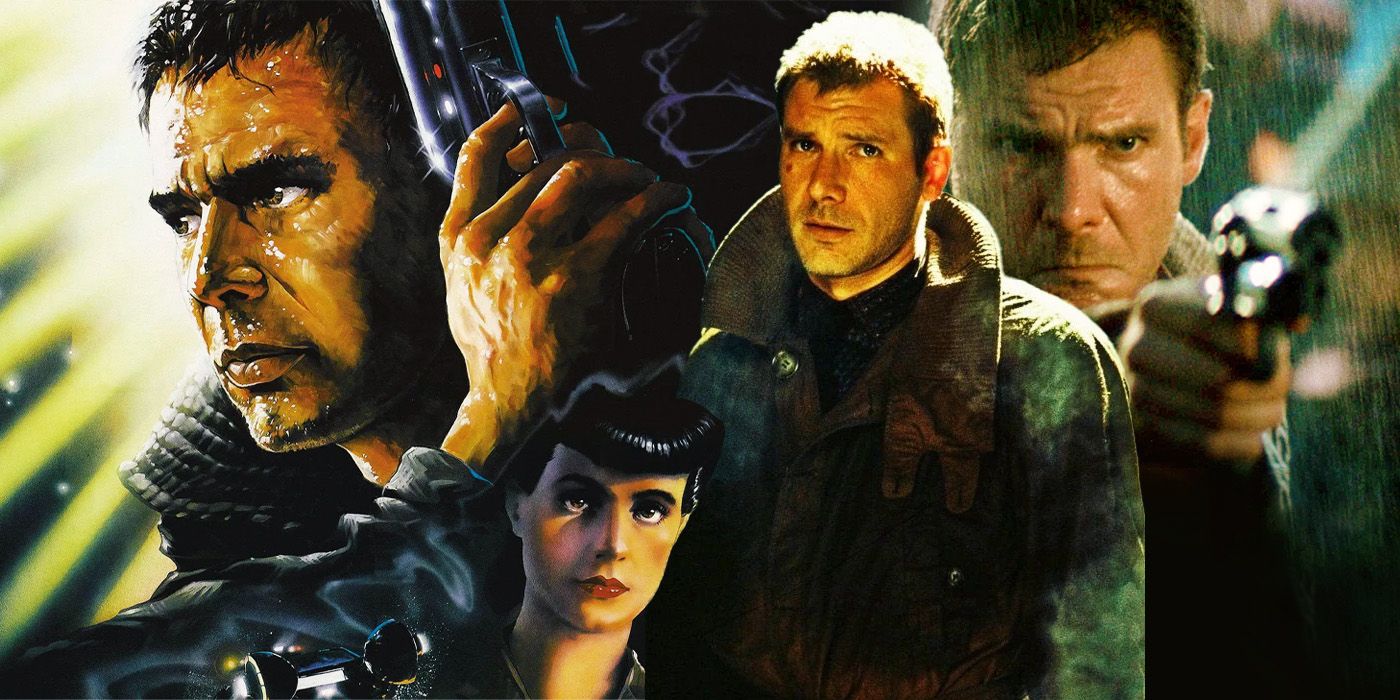
In the book 'Do Androids Dream of Electric Sheep?' by Philip K. Dick, the character of Rick Deckard is significantly different from his portrayal in the movie 'Blade Runner.' While both versions exist in a futuristic, dystopian Los Angeles and face similar challenges in hunting down androids, there are notable differences in their motivations and experiences.
In the movie, Deckard is aligned with an official body rather than an independent agency, and his profession is changed from bounty hunter to cop. This alteration provides a different context for his actions and adds a layer of authority to his character [e1c4ad4c].
Another significant change is the removal of the importance of owning an animal in the movie. In the book, owning and caring for an animal is seen as a status symbol and a measure of empathy. This element is absent from the movie, which focuses more on the human-android conflict and the ethical questions it raises [e1c4ad4c].
Deckard's wife is also absent from the movie adaptation. In the book, Deckard is married, and his relationship with his wife plays a role in his emotional journey. However, this aspect is not explored in the movie, allowing for a more streamlined narrative [e1c4ad4c].
Additionally, the Voight-Kampff test, which is used to identify androids based on their emotional responses, and the scene where Deckard confronts Roy Batty, the leader of the renegade androids, are portrayed differently in the book and the movie. These changes affect the dynamics between the characters and the overall tone of the story [e1c4ad4c].
These differences between the book and movie versions of Rick Deckard in Blade Runner contribute to the distinct interpretations of the character and the overall narrative. While the book delves deeper into the complexities of Deckard's personal life and explores themes of empathy and identity, the movie focuses more on the action and philosophical questions surrounding artificial intelligence and humanity [e1c4ad4c].